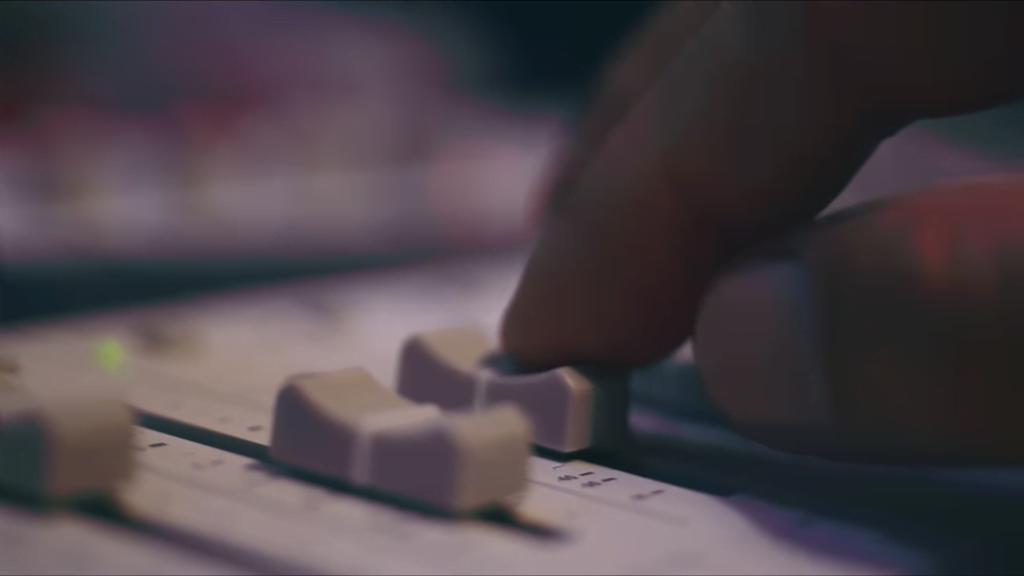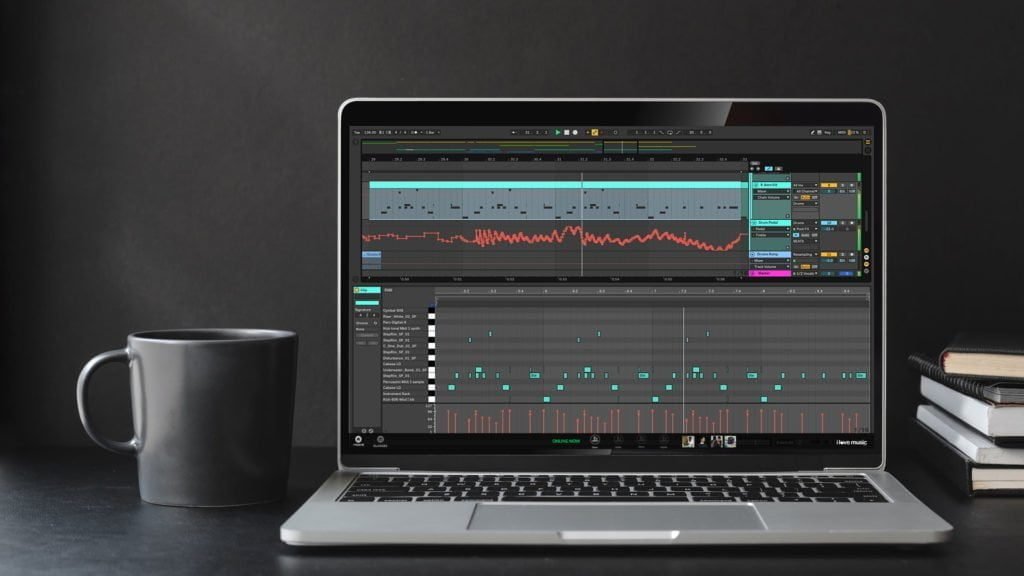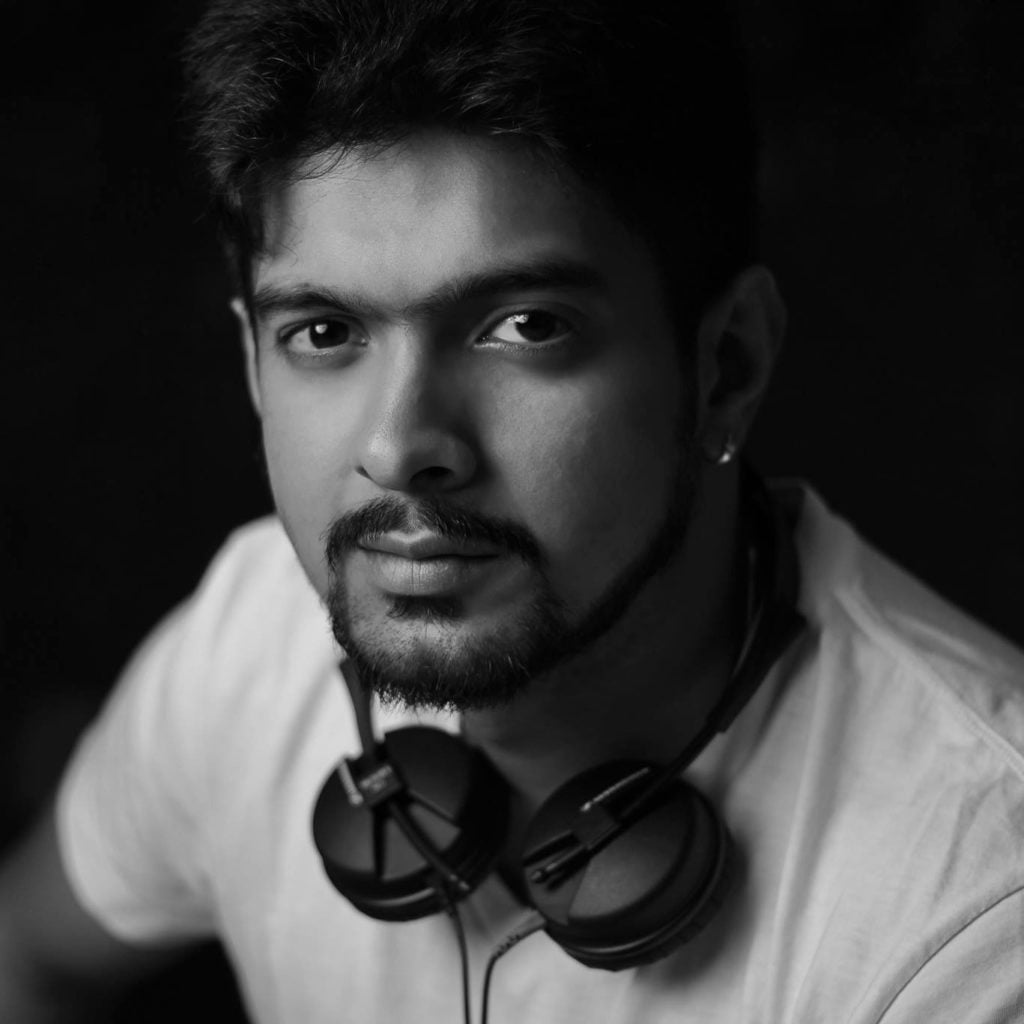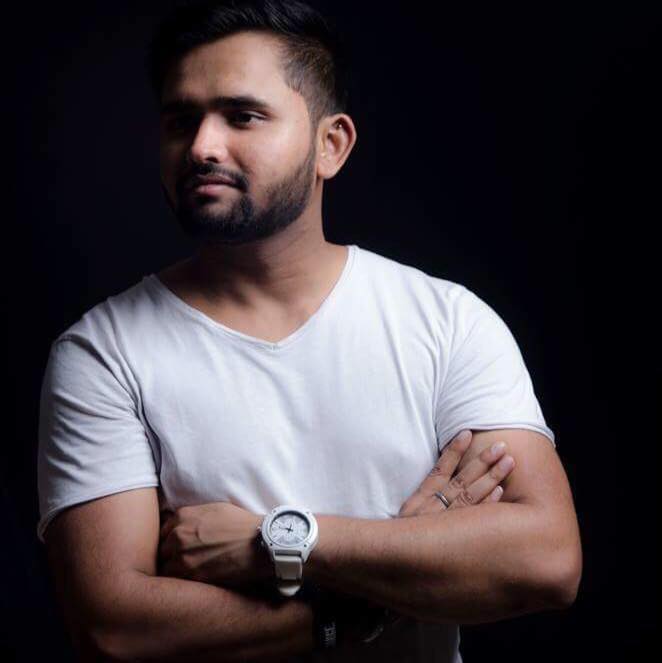Music production is the art, science and business of making music. Learn music production and all aspects of creating music to ensure it is of the highest standards and is marketable. A Record producer or Music producer is responsible for audio production, in totality.
Traditionally a music producer was responsible to oversee the entire production process of music and was responsible for every aspect and decision-making, responsible for the music album from the get-go. A recording engineer, a beat maker, an artist, a vocalist or an instrumentalist were all a part of the production process, all working under the direction of the music producer or in tandem with the producer.
The Music Producer was often hired by a label or artist for his understanding and ideas as a specialist of the music genre and would be the decision maker for the music, being in charge of everything.
Choosing the artists involved, recordings the songs that would go into an album; co-writing, co-direct, editing, making alterations and ideating to improve the quality and marketability of the music as well as being involved with choosing the right studio, the beat makers or DAW specialists, the right engineering, the right mix and mastering engineering and finally the marketing and sale of the music. The Music producer was the fixer, manager, and business head, all wrapped into one; and possibly the artists/musician as well involved in the production.
Advancements in Music Technology
As Digital Audio Workstations advanced into wholesome digital studios, increasing the capabilities of the software and making it the centre of the entire music production process, the music producers started to merge all the earlier roles of the production process into one. As Music went Electronic or Digital and DAW’s more accessible, it gave rise to a stream of digital musicians and electronic music producers. Today a music producer is a one-man army, handling complex job roles on his/her own.
Electronic Dance Music genres empower music producers to be solo artists. The broad responsibility of a music producer has not really changed in 15 years, although the work execution has drastically. The modern music producer is the artist/musician himself and may be skilled as an audio engineer. He writes music and produces music, all on his own on the DAW, and may or may not collaborate with other professionals.
Today, Electronic music producers must also be performers to earn a living. Additionally, they need to possess engineering skills to stand out in the music industry. Do not limit your skills to making music on DAWs alone, skill up for a better career




